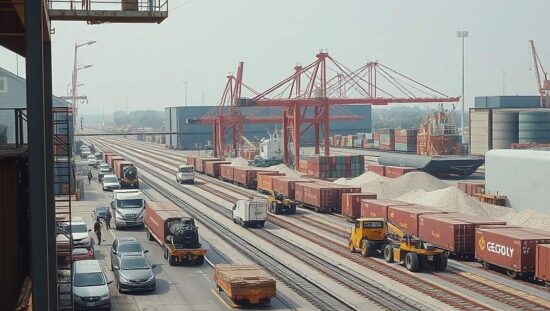The German government and industry leaders have unveiled a joint position paper outlining ambitious plans to bolster the nation’s independence from critical raw materials, signaling a significant shift in strategic priorities. Following a Tuesday meeting involving key stakeholders including Economy Minister Katheine Reiche (CDU), IG Metall, the BDI, DIHK, various industry associations and labor unions, the document underscores a shared commitment to diversifying supply chains and strengthening national resilience.
The core strategy involves investment in sourcing materials both domestically and internationally, encompassing the entirety of the value chain. This includes accelerating the development of partnerships with resource-rich nations beyond Europe, a move that raises questions about potential geopolitical implications and the ethical considerations surrounding resource extraction in less regulated environments. Furthermore, the paper advocates for the negotiation of long-term supply contracts and a heightened focus on innovation, particularly in the realm of recycling technologies.
Economy Minister Reiche framed the initiative as a matter of “national resilience” emphasizing the necessity for politicians, businesses and social partners to collaborate proactively in securing Germany’s future resource security. However, the declaration of intent has already drawn cautious responses from within the industrial sector.
Peter Leibinger, President of the German Association of Industries (BDI), while acknowledging the government’s initial steps, voiced concerns that current measures fall short of what’s truly needed. Leibinger cautioned that any growth strategy risks becoming obsolete unless accompanied by “fundamental and growth-promoting structural reforms” that alleviate the burdens on German industry. This implicitly critiques the current regulatory and economic climate, suggesting that decoupling from reliance on critical raw materials will be inextricably linked to broader economic overhauls.
The initiative reveals a growing recognition within Germany that resource security is no longer merely an economic concern, but a core element of national security and a critical factor impacting long-term economic competitiveness. However, the plan’s success will hinge not only on securing new supply routes, but also on addressing the underlying structural challenges within the German economy and carefully navigating the complex geopolitical landscape of global resource markets.





